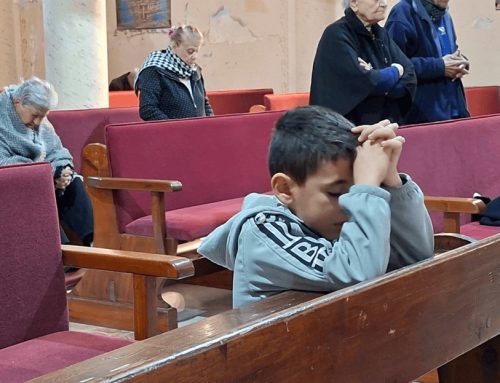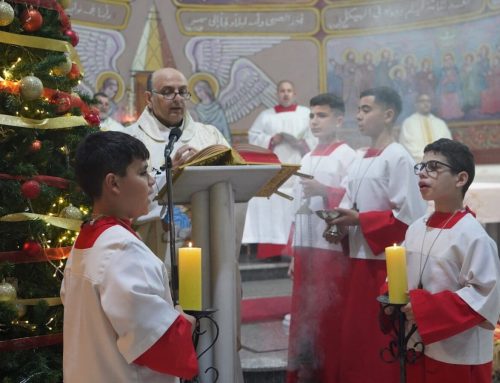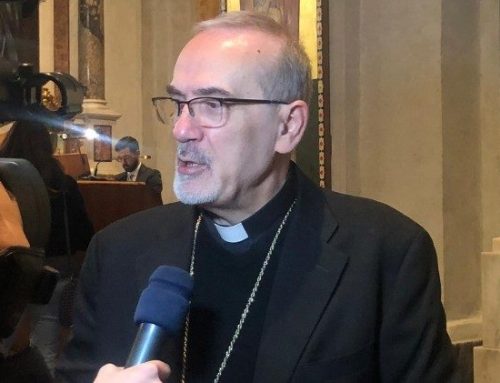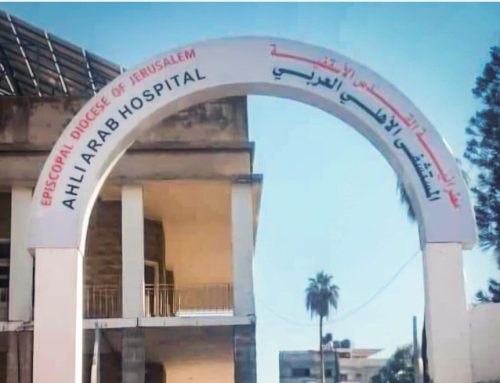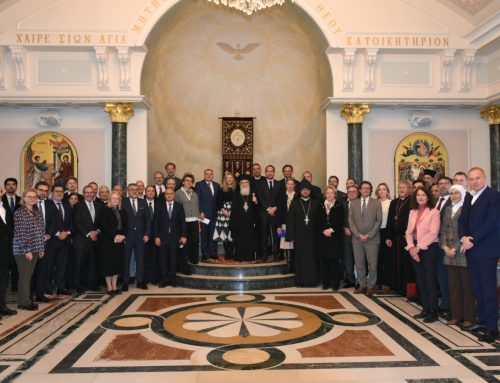
As ignorance and extremism overtake parts of our world, particularly the Middle East, tragedies and waves of fear surround us. We feel stranded on deserts of despair and hopelessness. Where have we gone astray? Why conflict? How will our experience of pain end? When in darkness, we must always seek the light.
Lest we forget during this special season of light, Jesus Christ was born in challenging times. The unjust Roman rule saw centurions imposing law and order and turning innocent inhabitants of the land into second-class citizens. In addition to fulfilling the tithe and sacrifice obligations of their religion, the people had to pay heavy taxes, leading many to poverty, hunger, and debt.
Disagreements within the religio-political power structure of the Jewish community (e.g., priests, Pharisees, Sadducees) made for conflict. Banditry increased amid economic, political, and social pressures. Herod, the Roman client king of Judea, while considered a great builder, was cruel and tyrannical. He not only murdered members of his own family, but also ordered the Massacre of the Innocents—boys two years and under, who lived in Bethlehem and its vicinity—after he could not locate the Baby Jesus. As king of the Jews, the paranoid Herod feared the “Anointed One” as a possible challenger to his authority.
Imagine Joseph and Mary fending for their daily living under dire conditions of the Roman occupation and Herod’s reign. Imagine Mary giving birth to Jesus in a manger, essentially in the wilderness, away from her family, her home. Imagine Joseph, Mary, and Child Jesus fleeing to Egypt to escape from Herod’s reach and not returning until after his death.
A critical situation similar to the time of Jesus’ birth exists today in the Holy Land. Palestinian families, Christians and Muslims alike, struggle under Israeli occupation, needing travel and work permits and having to cross military checkpoints on a regular basis, and under tough economic and financial stresses. Internal divisions within Palestine and Israel, distrust, and lack of a vision of peace keep the present and future unpredictable. People on both sides of the Palestinian-Israeli divide live under constant fear for the safety and security of their loved ones as they try to enjoy normal lives. When will darkness end? When will the light shine bright?
In his Letter to the Ephesians, St. Paul states, “For once you were in darkness, but now in the Lord you are light. Live as children of light—for the fruit of the light is formed in all that is good and right and true. Try to find out what is pleasing to the Lord” (5: 8-10). Dispossessing and disempowering the other are definitely not pleasing to God. Threatening the other and robbing the other of security on the one hand, and of freedom on the other, are definitely not pleasing to God. God’s creations surely agree as well.
If there is a profound lesson in Jesus’ birth, it is manifested in Jesus being the “Prince of Peace,” ushering joy and “bringing salvation to all” (Tit 2:11). It is our responsibility to open our heart to God’s eternal Word, to be agents of positive change, one imbued with courage, hope, and patience. It is our obligation to be compassionate, respect human dignity and rights, and practice nonviolence in a world of violence. It is up to us to help transform our human condition, embrace each other, and truly live Christmas. “I give you a new commandment, that you love one another. Just as I have loved you, you also should love one another” (John 13:34).
God’s face is all around us. Let us awake to receive God’s grace, to see the light! “Glory to God in the highest heaven, and on earth peace among those whom he favors!” (Luke 2:14)
Saliba Sarsar, Ph.D., is Secretary of the Board of Directors of the Holy Land Christian Ecumenical Foundation.

